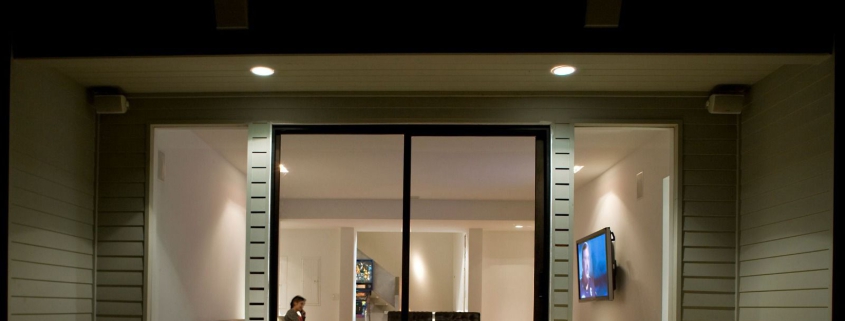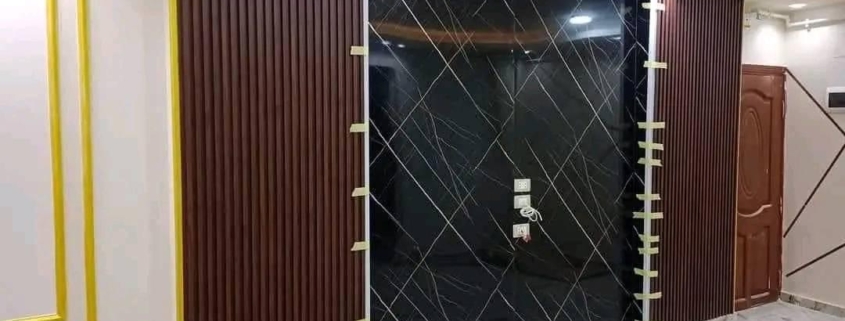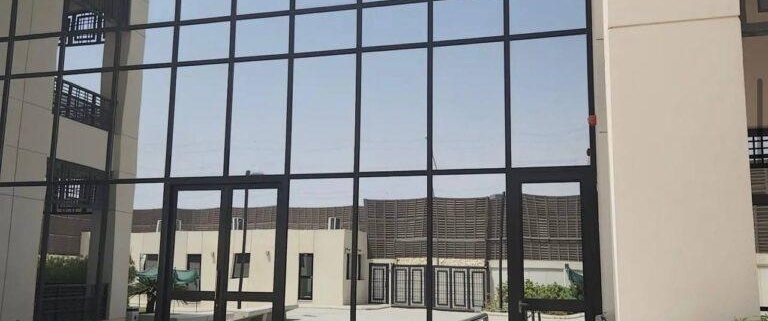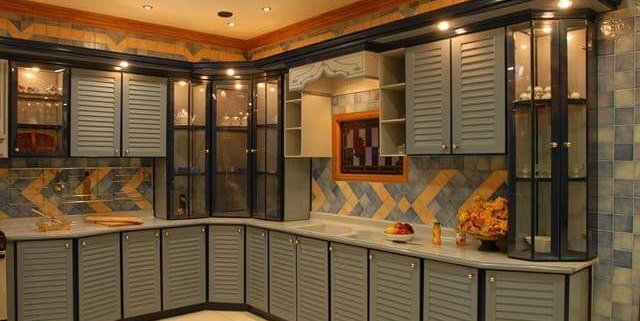Glass and mirror work is a vital and evolving sector in the Kingdom of Saudi Arabia. It has become an integral and pivotal part of modern architectural design and interior decoration.
This sector is witnessing remarkable growth, driven by the massive urban boom the Kingdom is witnessing as part of the goals of Vision 2030, which focuses on large-scale and modern projects that require innovative, world-class glass solutions.
Glass and Mirror Works in Saudi Arabia
Glass and mirror works in Saudi Arabia include manufacturing and installation services for various glass products, such as tempered glass, stained and laminated glass, and mirrors, in addition to glass facade solutions and decorative systems. The Kingdom has companies and institutions specialized in this field, including major factories and small and medium-sized enterprises. These companies rely on the latest technologies to produce high-quality products that meet construction and decoration requirements.
Prominent Types of Business and Services:
Glass Manufacturing:
Various types of glass are produced, including tempered (tempered) glass, stained and laminated glass, insulating glass, and decorative glass.
Mirrors:
Manufacturing and installing various types of mirrors, including those for decorative and practical uses.
Glass Facades:
Providing design and installation solutions for building facades and windows using high-quality glass.
Decorative Works:
Providing glass and mirror products to meet the decorative needs of homes, offices, and various projects.
Diversity of Products and Modern Solutions
Glass and mirror works in the Saudi market are characterized by their great diversity and reliance on the latest global technologies. This is no longer limited to ordinary glass, but has evolved to include a wide range of specialized products:
1. Structural and Security Glass (Securit)
Securit (tempered) glass is the cornerstone of modern projects, characterized by its strength and high impact resistance, making it the ideal choice for:
The facades of large buildings and glass towers.
Automatic and hinged glass doors in commercial complexes and homes.
Glass railings for stairs and balconies, combining security with aesthetic transparency.
2. Specialized Insulation Solutions
Given the Kingdom’s climate, the importance of energy- and sound-insulating glass solutions has emerged:
Double glazing and heat- and sound-insulating glass, which contribute to rationalizing energy consumption and reducing external noise, in line with sustainable building standards.
Fire- and bullet-resistant glass, used in applications requiring the utmost safety.
3. Mirror Art and Decoration
Mirrors play a fundamental role in interior design, and their local industry has evolved to include:
Decorative and laser-cut mirrors, used as artistic pieces in entrances and halls.
Bathroom and sink mirrors, including LED-lit mirrors with contemporary designs.
Glass shower enclosures, which have become an integral part of modern bathrooms, providing elegance and visual separation.
Saudi Factories with Global Quality
The Saudi market relies on a number of leading local factories and companies that have invested in the latest production lines and global processing technologies (such as cutting, polishing, tempering, and laminating). These factories seek to achieve self-sufficiency and contribute to the Kingdom’s becoming a major exporter of glass in the region by:
Adhering to global quality and safety standards in manufacturing and installation.
Providing custom-made designs that meet the requirements of unique architectural projects, whether luxurious palaces, residential units, or large commercial facades.
A Vital Role in Urban Development
The glass and mirror sector is a key partner in major development projects, such as new city projects and real estate developments aimed at enhancing quality of life. The extensive use of glass in these projects reflects a global trend toward transparency, natural lighting, and modern designs, giving the Saudi urban landscape a contemporary and luxurious character.
In conclusion, the glass and mirror industry in Saudi Arabia is viewed as more than just an industry; It embodies the spirit of innovation that drives development in the Kingdom, adding a touch of beauty, sophistication, and safety to every architectural space.






